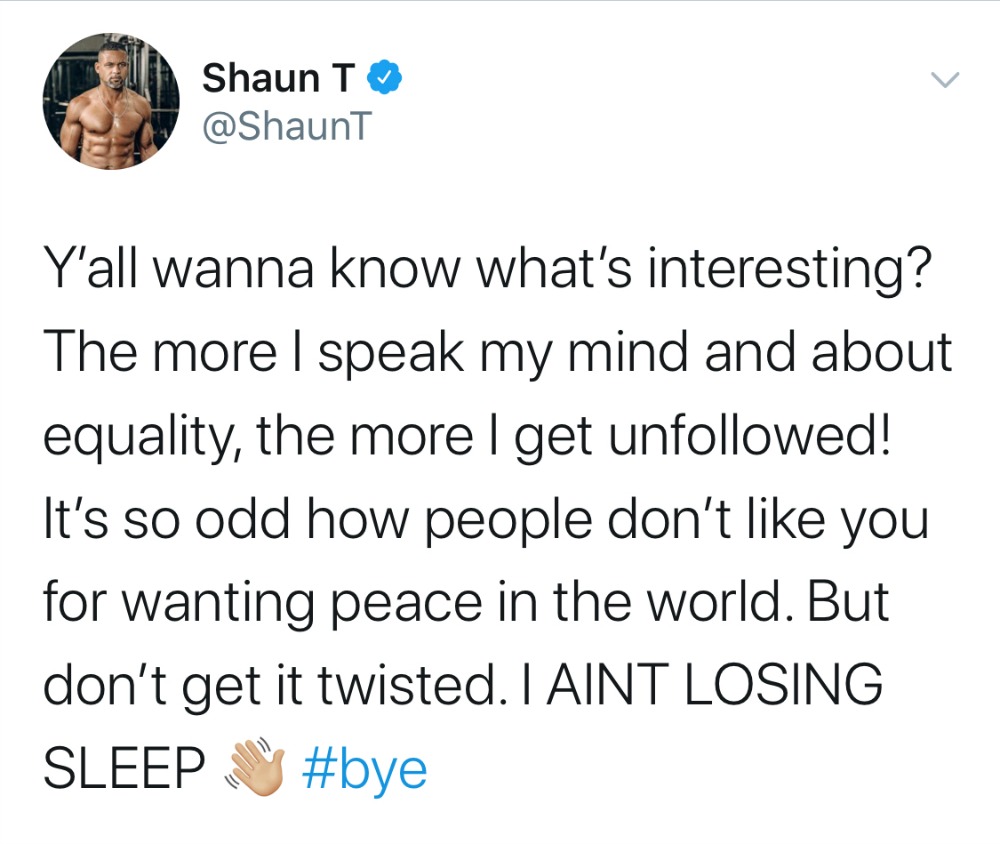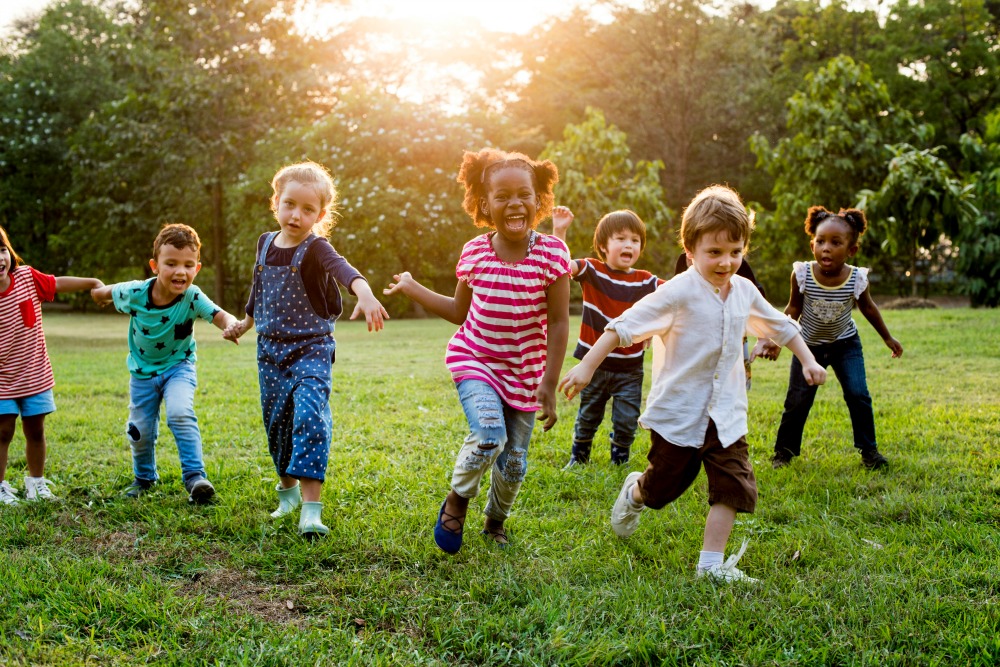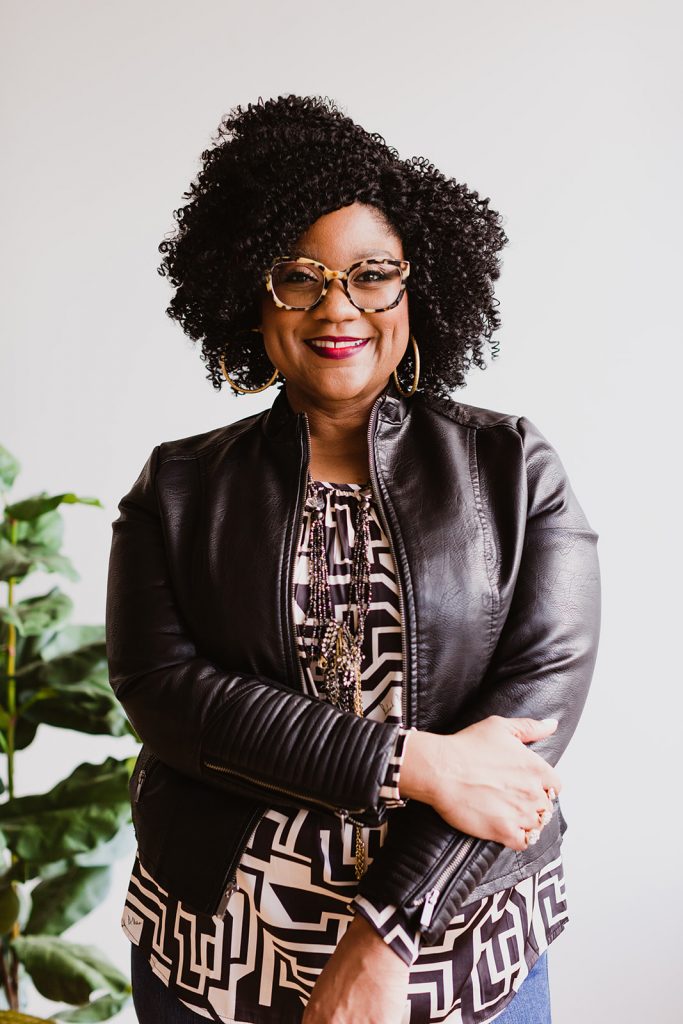Today, we are going to talk about race. DON’T CHANGE THAT CHANNEL! You can take it.
And if you are a white person, please read all the way to the bottom, because I have a special letter to you from “a black girl”.
Can I tell you a phrase that I really hate? It’s a term known as White Fragility. I hate it because I don’t like thinking of myself as fragile. I know I’m white.
This term is used to describe the paper-thin skin of some white people when the subject of racism is brought up. It’s the anger, fear, defensiveness, narcissism, guilt, silence and sometimes withdrawal that’s seen when these topics come up.
The best illustration of “fragility” is the large number of subscribers, followers and customers I’ve lost because of my decision to talk (a lot) about racism this week. And I haven’t been alone.

Let me be upfront about a few things….
- Racism persists in part because we don’t know how to talk about it.
- We are going to figure this out, but it’s going to be messy.
- This is much easier for all involved when we start with love.
If you have a heart (regardless of skin color), it feels awful to be told you’ve hurt someone. I don’t want to feel that! I would rather run from it. That’s the truth.
You can call that fragility, fear or denial. I’m so sick of labels.
Courage is finding the strength to do that which you fear but you do it anyway because you know you need to.
You are here. Therefore, you are courageous.
I honor you for the strength it is going to take for us to fix that which we fear.
Now, I can’t speak for you… but for me, I haven’t asked my closest friends what it’s like to be black because… well… that would be really uncomfortable. I haven’t done so because I was taught that to do so was to “see color” and to see color was to be a racist.
Last night, I spent 3 hours on a FaceTime call with one of the most important people in my life – who also happens to be black.
She shared with me, for the first time in our 20-year friendship, how uncomfortable it often is for her to be the only black girl. She told me about the comments people have made to her like, “So, how did you get to be friends with Chalene?” or “So, did you get into that college because of affirmative action?”
Together we cried as she shared with me no less than a dozen painful, horrible, racist, traumatic experiences. I sobbed when she shared what it was like to have a little white boy scream racial obscenities in her face, her first day visiting a new church. She was three.
I said, “Why have you never told me these stories?”
She said, “Why have you never asked?”
But the most painful part of all was when she told me how much it hurt her in the wake of George Floyd’s death that I hadn’t reached out to her sooner.
My parents (Marge and Bill) wanted to do better than the generation before them. Born and raised in Detroit, they lived through the race riots that changed the Motor City. From an early age, they instilled in us the importance of being “color blind”. They would teach their children to eradicate racism by seeing humanity, not skin color.

It honestly wasn’t until this week that I understood to be color blind is to be blind to the realities of what it’s like to be a person of color in America.
And THAT is my white privilege. I don’t need to feel guilty about it. It’s not something I did… but it’s something I need to acknowledge.
To better understand that from the position of those who have lived their lives tip-toeing around this reality for your convenience, I hope you’ll listen to a couple of the brave men and women who have shared their stories and wisdom on my podcasts this week…
- Tough Talk About Race Relations, with Keenya Kelly (The Chalene Show)
- We Need to Talk and It’s Going To Get Uncomfortable, with Anne Stevenson
- What Brands Need to Say about Race and Inequality, with Aprille Franks, Jamal Miller and Keenya Kelly
Three hours, puffy eyes and lots of “I love you’s” later, we ended that call feeling closer than ever. There is still so much I need to understand, most of which is very painful.
It’s human nature to avoid pain, but nothing feels better than the growth that comes with it.
I asked my new friend Yoshika Green (a gifted writer I’ve admired from afar) if she would share with you some insight from her perspective.
We chatted, we voice messaged and we dm’d what a very awkward thing this was for both of us.
Many in the black community reached out to me and kindly suggested that it was MY COMMUNITY’S responsibility to educate themselves. “Please don’t put this burden on us in the midst of our greatest trauma!” several respectfully pleaded.
Valid. And I nearly cancelled all discussions to go silent like many of my white counterparts.
But how can anyone other than a Black, indigenous, or person of color speak to the realities of racism? What business do I have speaking on this topic?
I shared these concerns openly with Yoshika. She explained how several in her community had expressed the same sentiment.

We each agreed to examine our intent to reach the people who need this message.
I pray that any who might take issue see our shared intent is love and understanding. Only when we love each other can we see each other.
DEAR WHITE PEOPLE
BY YOSHIKA GREEN
Just this week I was having a conversation with Chalene about the sensitivity surrounding the race issues we are dealing with. What to do? What not to do? What to post? What not to post?
There’s a lot of talk and debate about this, about all the things. Just this morning I was told by some people in my black community that what I posted in our closed group was not sensitive enough. I get it but wow, it can be crippling. I want to say the right thing in the right way but don’t want to get so caught up in the HOW that I miss the most important focus, the WHAT.
As you commit to do your part, here’s some suggestions I think would be helpful. Here’s my love letter of support to you.
Dear White People:
- Thank you for showing up and for wanting to be the change us black people have been waiting for. Please keep learning, growing, uncovering your own misconceptions and prejudices. When you pray, ask to see the blind spots.
- Use your white privilege to our advantage. Help the black community by getting involved in policy reform, using your voice, and making changes happen in Corporate America, in your businesses, communities, and in our homes.
- Reteach the right things to your kids so that we can create a different narrative for their future.
- Check on your black people, ask how you can help and then follow it up with action.
- Support black businesses. Collaborate with us… we’re brilliant.
- Offer us the hand up, instead of the hand out. Let your hand of help grab ours as you pull us up to where you are. We haven’t been able to get to some places on our own, you helping us now is timely and necessary. And if some of us are still hurting too much from the trauma of the past, please don’t give up. Please keep asking one black person after another, until you find the one, that says, “yes I’m ready to receive.” Then repeat.
- Don’t become fixated on how to say the words, or judge others for how they’re speaking out. Just say something and let your heart and intent outshine the “right” (or wrong) words. Let’s not get tripped up on semantics.
- Please tell your fear no. Fear is a liar anyway. Don’t let the fear of change, fear of our differences, or the situation stop you in your tracks. Keep with the forward movement and fight those feels that would try to stop progress.
Don’t treat this like a trend. Eventually the news and social media posts will die down on this topic, but don’t let your actions die. Please keep this movement alive.
- When you hear BLACK LIVES MATTER, please know that it doesn’t always mean the BLM movement that can sometimes be connected to political views. Focus on the real faces of the black community and the value of our lives. Your work to eradicate racism is for this purpose, justice for black people.
- We know all lives matter, but right now the focus is on black lives that matter because of what’s going on. Our struggle is big enough to focus on without being lumped in with all the other problems of the world. It’s frustrating to hear ALL LIVES MATTER because it makes us think that you don’t see us as a significant enough issue to focus on in isolation.
- We are going through major trauma because of the buildup of all this mess over time. So be patient with black people, don’t get upset with us. Please stop focusing on and judging us for the rioting as if this isn’t a response to the destruction of our people. It hurts us to hear you talk about this more than any other related situation.
- Ask black people the questions, engage in real conversation, but understand that some are not able to talk or help anyone else because just surviving our own feels is exhausting.
I’m just a black girl offering some advice that I hope will be helpful to you as you wade through these rough waters. This stuff is not easy so think about these things as you take it one day and breath at a time. And remember, we as black people “can’t breathe” because of the drama and trauma so let’s take breaths together. This movement, this change needs our unified oxygen to flow into it.
I love Chalene’s mantra, “people only change when they feel loved.” I hope you feel my love and appreciation for you and your commitment to this.
xoxo,
Yoshika Green
- Instagram: @yoshikagreen
- Facebook: yoshikagreenconsulting
- Website
- Email: hello@yoshikagreen.com
If you believe this blog can help someone else open their heart and their mind, please forward it to them. We need more love. Thanks for helping us spread it.
Chalene


